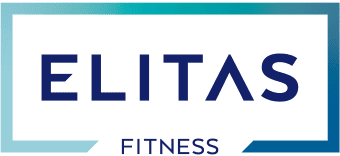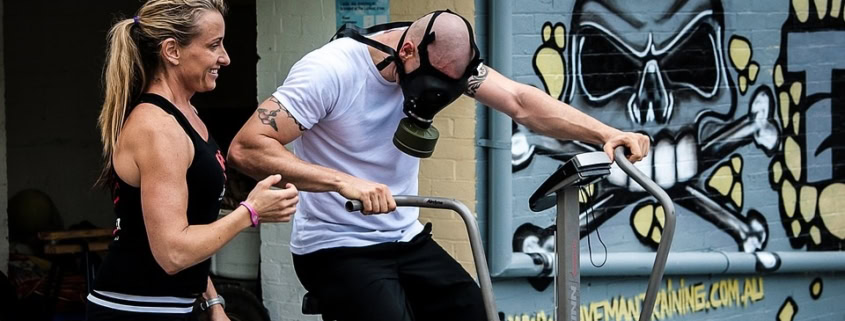Beware the bad coaching and poor programming: Why training is superior to exercise
People who seem to make the most progress in the gym or in their exercise regime always seem to follow a plan or structured routine. Training should always aim to specifically improve your body through overload and progression. Whether that is improving the ability of your body to handle stress, to resist fatigue, generate more force, build more muscle etc. After all, that’s how we look and feel better, we improve ourselves!
For those people who seem to always struggle with their weight loss or fitness goals, I’ve generally observed that they fail to follow a plan of any kind and instead rely on a real mix of random exercise. Monday could be a 5km run, Wednesday an “Insanity” class and Friday could be a body pump class with the odd weights session thrown in with a mix of exercises (with varying rep ranges, tempos and recovery times). This is great to burn some extra calories but it is certainly not optimal from a results-driven standpoint.
Most people seem to gauge the effectiveness of a workout by how sweaty or how out of breath they are, but any fool can get you to perform 100 burpees and get you dripping with sweat. I can say for an absolute fact that 90% of the trainers we see out there show no regard for structural balance, posture, mechanics or appropriate progression in their programming. Most of their exercise routines are made up of what they’ve seen on the internet that week (i.e. what’s different or trending), and they’re constantly changing the exercises in an effort to keep their client entertained. Personal trainers in conventional commercial gyms also typically choose exercises based upon what equipment is free in their busy gym and what requires minimum set up and fuss, with little forward planning.
The unfortunate goal for many instructors is to make you as tired and exhausted as possible in order to make you feel like you’ve had a good workout. The absolute worst instructors are the ones who take pride in the fact that they made their client throw up. They record none of your progress and every single workout or class is completely different. One minute you are performing singles on a deadlift and the next you are clean and jerking 40kg for 100 reps. If your coach is like this, then get rid of him/her and get yourself somebody who actually wants to see you succeed and knows what they are doing. It should be noted that exercise variety is important to many people to increase adherence to an exercise regime, however too much variation for the sake of variation will significantly decrease your chances of achieving long term improvements and success.
Proper training should always improve your posture, your mechanics, your strength, your endurance etc. all whilst keeping you injury free and working towards your specific goal, be it fat loss, muscle gain or a faster marathon time. A good training programme should also take into account your lifestyle. For example if you can only train very early in the morning then exercises which directly and heavily load the spine may have to be adjusted to account for increased hydration of your intervertebral discs at that time of day, and if you haven’t been able to eat for hours, an intense metcon session is probably not a good idea. A good coach should always be able to justify a particular exercise and explain their rationale for what they are making you do.
Although there is much to be said for “in-the-trenches experience”, much of your training should be evidence-based and supported by some level of research. Deciding that you are going to do tabata burpees (usually involving collapsed knees, awkward lumbar hyperextension, and excessive jarring forces to the wrists, elbows and shoulder) followed by a ton of press ups (with collapsed shoulders and sunken hips) is a common yet poor practise in the world of fitness because it is easy to programme and it feels hard to the client.
When approaching or considering a coach, do not be afraid to ask questions or challenge why they have recommended something to you. If they do not know the answer and are not willing to go and find you an answer then do yourself a favour and find somebody else.
Entry into the fitness industry is incredibly easy. Qualifications and intellectual requirements are minimal. Most trainers with these entry-level qualifications last a year or two before changing careers, so look to see the guys who have been doing it for years. Success always leaves clues and this is one of the reasons we take great pride in our work here at Elitas. You wouldn’t go to see a dodgy doctor for your health concerns so why should you trust a dodgy trainer with your body?
David



